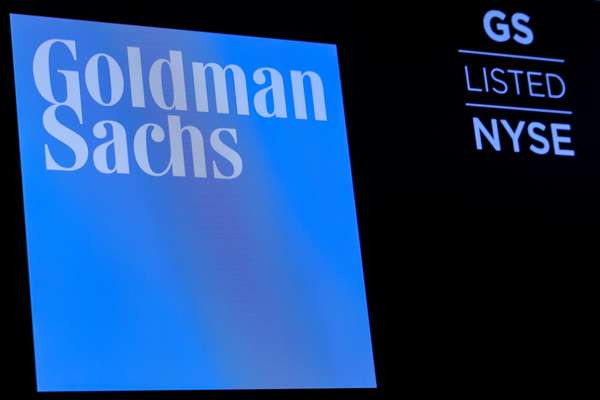The American multinational investment bank and financial services company Goldman Sachs made the first step in eventually taking full control of its investment banking joint venture (JV) in China by seeking regulatory approval.
A spokesman said the bank is applying to increase its hold to 51% in Goldman Sachs Gao Hua Securities Co. from its current 33%.
Businessman and veteran Chinese banker Fang Fenglei and Legend Holdings have a 67% stake in this JV which focuses on equity and debt capital markets and mergers advisory.
A person knowledgeable on the matter said that Goldman would move businesses and employees into Goldman Sachs Gao Hua.
Goldman Sachs has been in talks with Fang for years on how to structure its business favorably in China should the chance that regulators allow overseas firms to have majority stakes in China JVs come up.
Beijing announced in July its plans in removing limits of foreign ownership in the mainland by 2020.
This move will have many Western banks' almost lack of control over JVs and their limited contribution to revenues both addressed.
Bankers said with this no limits of foreign stakes of companies in China, foreign banks specifically, will get to offer more services and pave the way to put their global networks to work and hopefully get a better share of the Chinese market.
However, unlike many JVs, Goldman Sachs has since had operational control in their investment banking services like bond underwriting, deal advice, and equities.
However, the firm had always made it clear it would pursue a majority stake once the chance arises.
Besides, such move of a having a major hold would have the New York-based firm living up to the vision of former Chief Executive Officer Lloyd Blankfein's of being "one Goldman."
Specifics of the application submitted would have the research operations, securities sales, and trading that are present with Goldman's partner, Beijing Gao Hua Securities, all get folded into the joint venture.
A Goldman Sachs Gao Hua would have Goldman Sachs' trademark easily remembered in China.
The firm likewise can conduct operations similar to how it's done with its other markets.
Relaxation of the rules came first in late 2017 to let foreign financial firms have greater access to China's economy, the second-largest in the world. Since then, Goldman Sachs' competitors like JPMorgan Chase & Co. and UBS had already made their moves.
UBS Group AG first applied for approval.
Morgan Stanley is just waiting for the approval of its stake purchase.
JPMorgan and Nomura got their approval and are starting their joint venture.
Credit Suisse filed for approval to put in more capital into its JV that would put its stake at 51% as well.
HSBC had its own majority-controlled joint venture in late 2017 under different rules that gave Hong Kong-based companies permission to operate in China.




